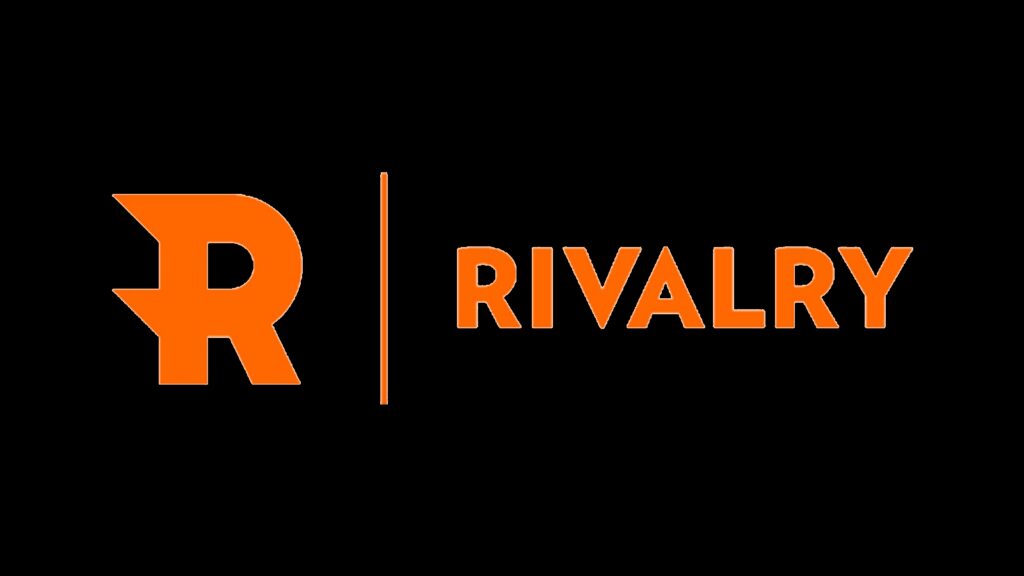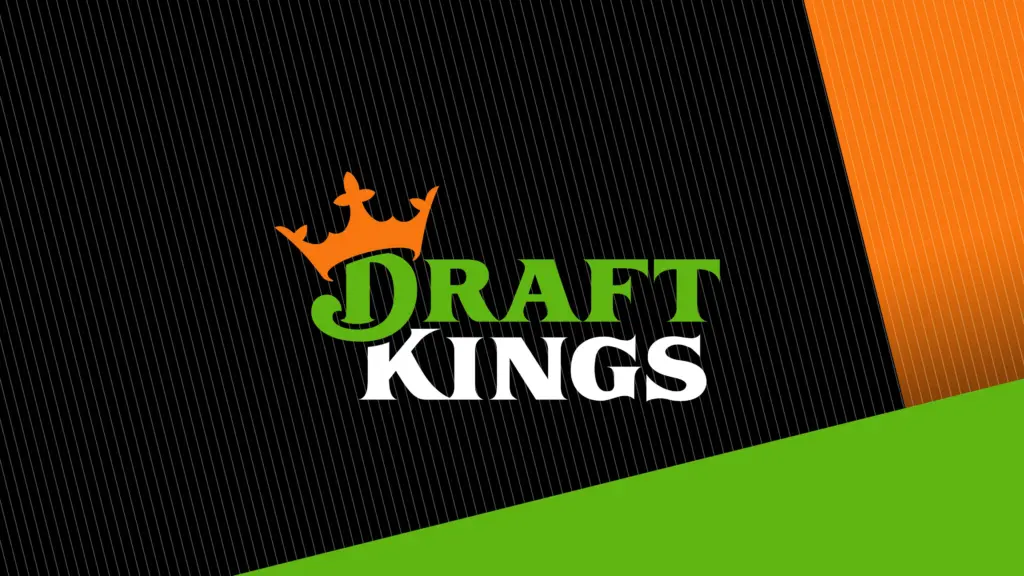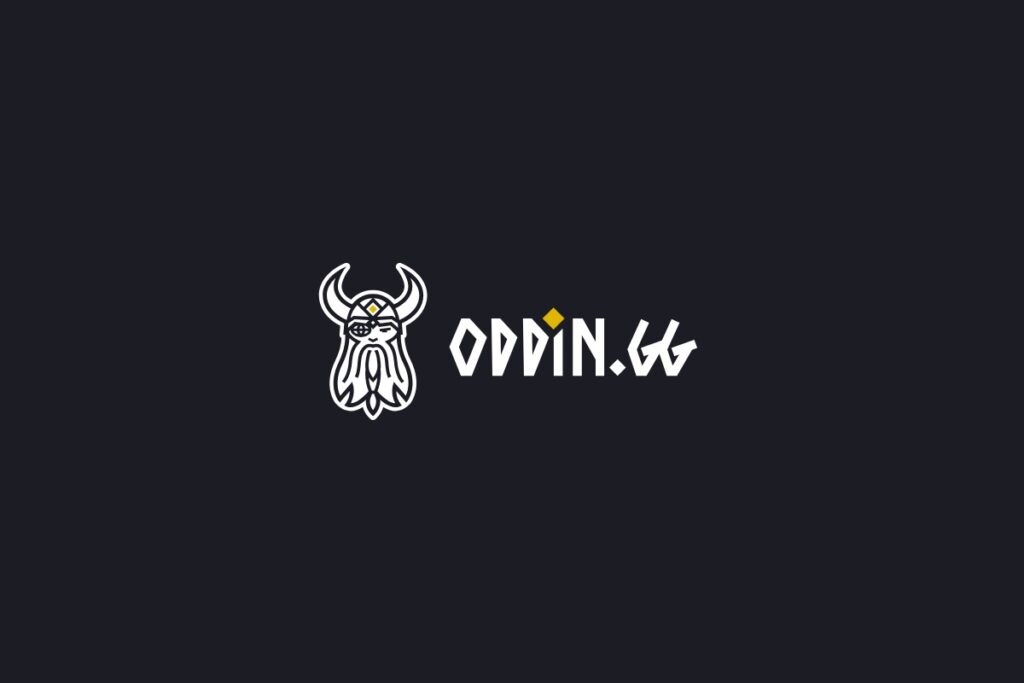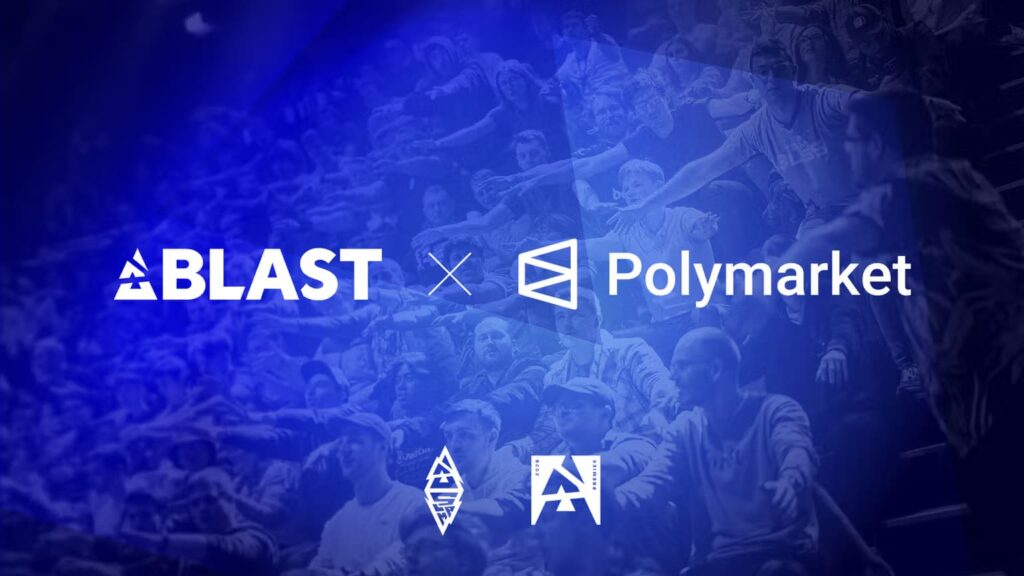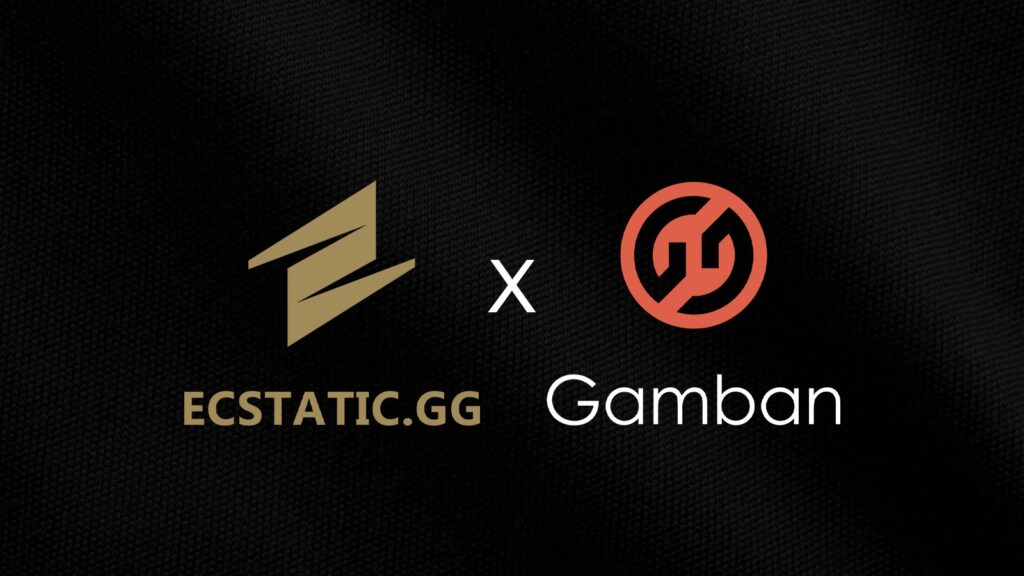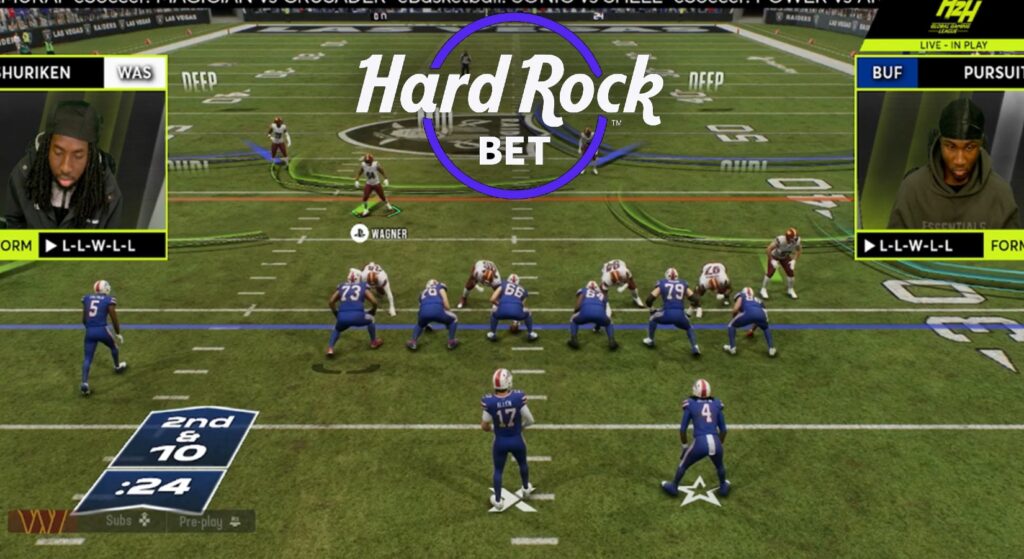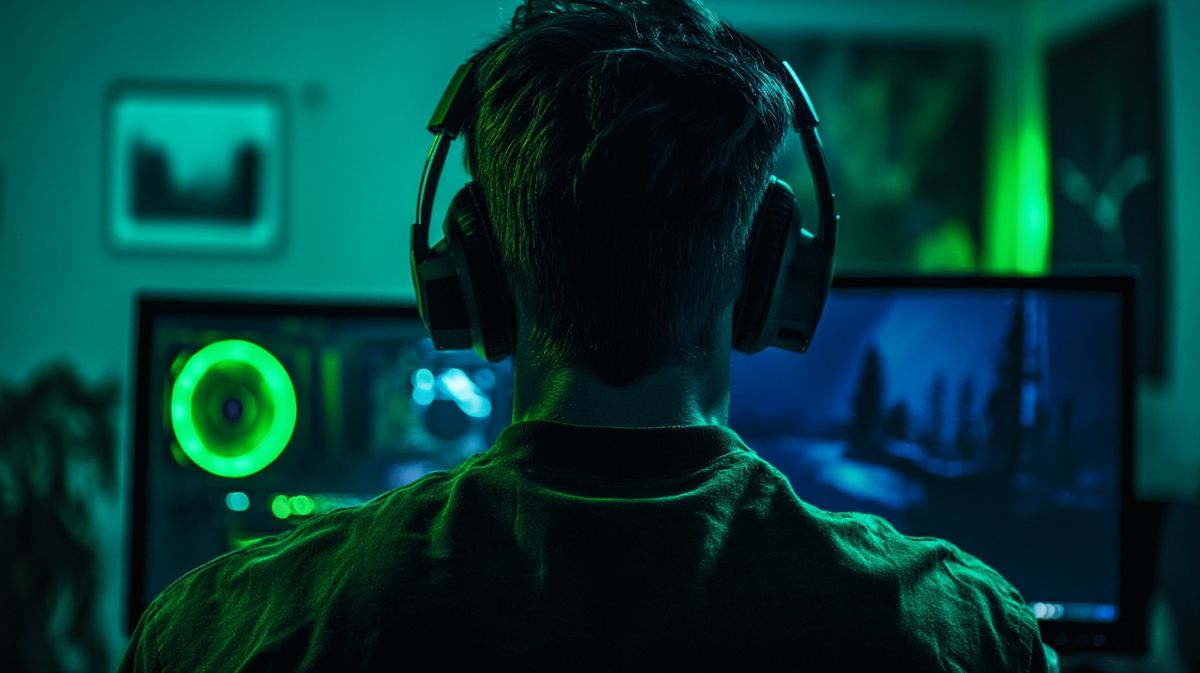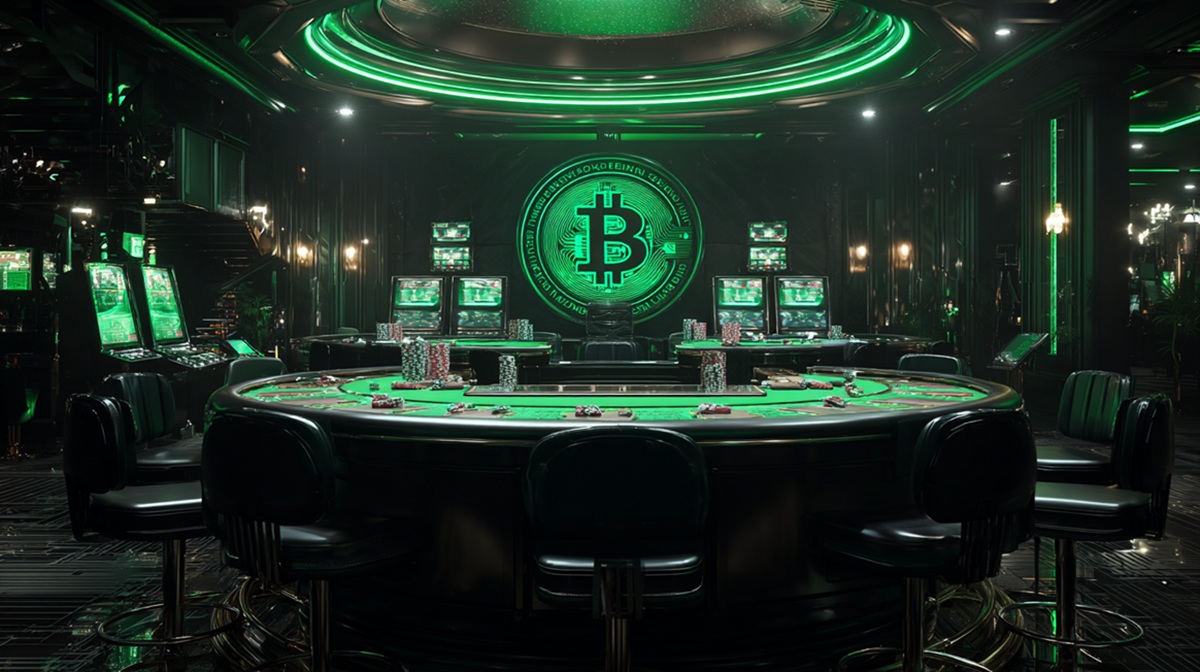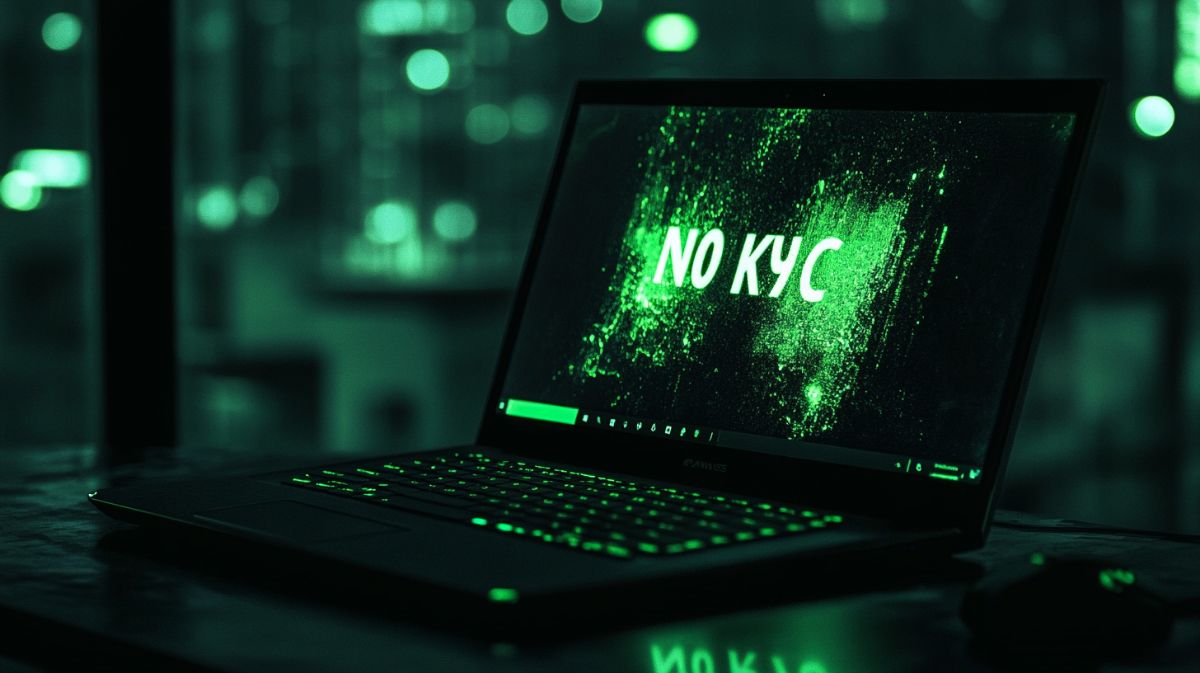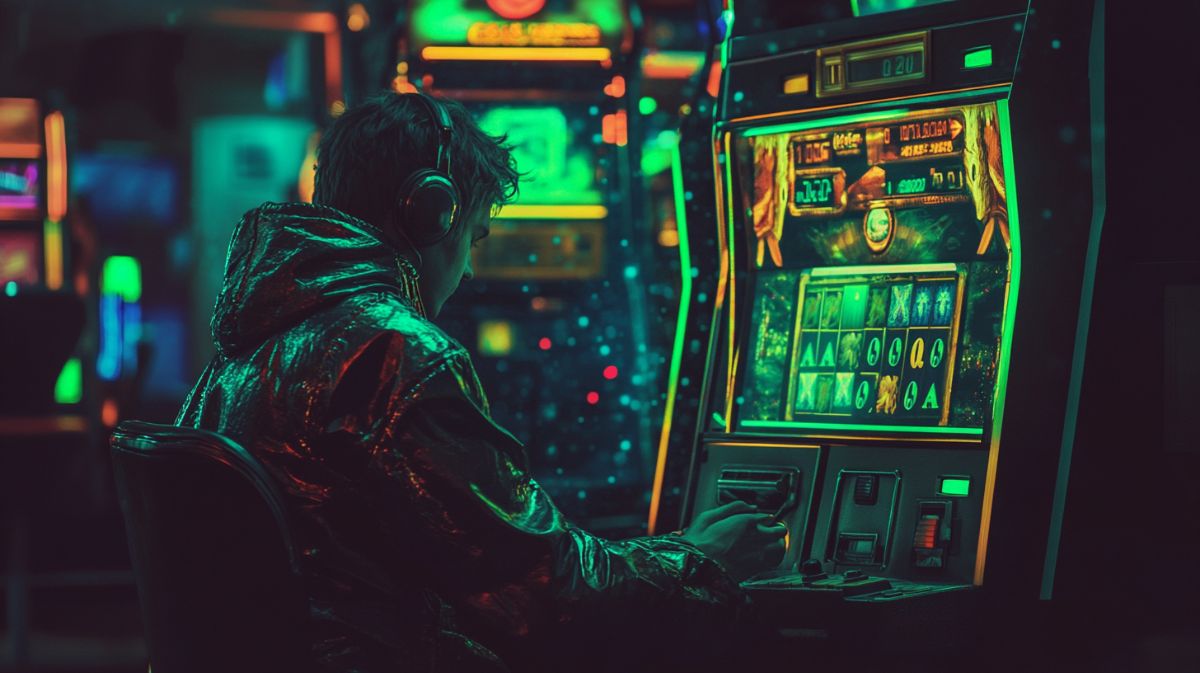Court Rules 1-800 GAMBLER Helpline Must Cease Current Operations Under NCPG
A New Jersey judge has ruled that the National Council for Problem Gambling (NCPG) must stop operating the 1-800-GAMBLER helpline by September 29.
The hotline is one of the most prominent sources of assistance for individuals with gambling problems.
The NCPG has been operating the service since 2022. It pays the Council on Compulsive Gambling of New Jersey (CCGNJ) $150,000 annually to use the phone number nationally.
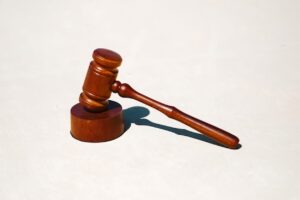
The National Council for Problem Gambling (NCPG) has been ordered to stop operating the 1-800-GAMBLER helpline. Image Credit: Tingey Injury Law Firm/Unsplash
There has been a breakdown between the two organizations, however, and the CCGNJ has refused to renew the contract after it ended in May this year.
In response, the NCPG took legal action in an attempt to continue the service. A judge issued a temporary restraining order in July to maintain the service’s operation.
However, the court reinstated control to the CCGNJ in a ruling on September 22. The CCGNJ is the original operator since the helpline’s inception in 1983. As a result, the NCPG must cease operating the line by September 29.
NCPG Speaks Out Against Ruling
In response to the court ruling, the NCPG issued a statement criticizing the decision to return control to the CCGNJ.
The national organization stated, “This decision will fundamentally hinder nationwide access to timely, confidential, and high-quality care for those in need of problem gambling support by taking critical services offline.
“Moreover, it will degrade public trust for the 121 million Americans who recognize 1-800-GAMBLER as the National Problem Gambling Helpline.”
The service has become widely used under the NCPG. In June of this year, around 19,000 people contacted the helpline, a fourfold increase compared to when it first took over the number.
CCGNJ Incapable Of Running Nationwide Service
The NCPG went on to say that the CCGNJ lacks the capacity to effectively run the service. It added, “As a state-level nonprofit, CCGNJ lacks the infrastructure and funding required to shoulder the significant and unpredictable responsibilities of running 1-800-GAMBLER nationwide, putting reliable access to timely, high-quality care for help-seekers at serious risk.”
Prior to the court ruling, the American Gaming Association (AGA) and the Responsible Online Gaming Association (ROGA) called on the two groups to settle the dispute.
The organizations see the service as crucial to offering problem gamblers help. An NCPG survey reported that 20 million Americans acknowledged engaging in at least one “problematic gaming behavior” repeatedly during the last 12 months. This is down from 27.5 million in 2021, before the NCPG took over the 1-800-GAMBLER phone line.
While there are other contributing factors, the organization believes continuing the service is essential to helping gambling addicts.
It has lodged an appeal in an attempt to reverse the ruling, and stated, “It cannot be overstated that the loss of access to problem gambling resources via 1-800-GAMBLER, even temporarily, could have life or death consequences for individuals in crisis.”
Esports Team Promotes Help For Problem Gamblers
Help for problem gamblers has gained publicity in esports recently, with Ecstatic becoming the first esports team to partner with a gambling prevention group.
Co-owner Oliver “zipeL” Behrensdorff said that his history of problem gambling influenced the decision to team up with Gamban.
Gamban is primarily a gambling blocking software, but has recently also added various tools to assist gamblers attempting to quit.
While the 1-800-GAMBLER line has been a source of help for many over the past few years, there are a range of other services available to promote responsible gambling.

